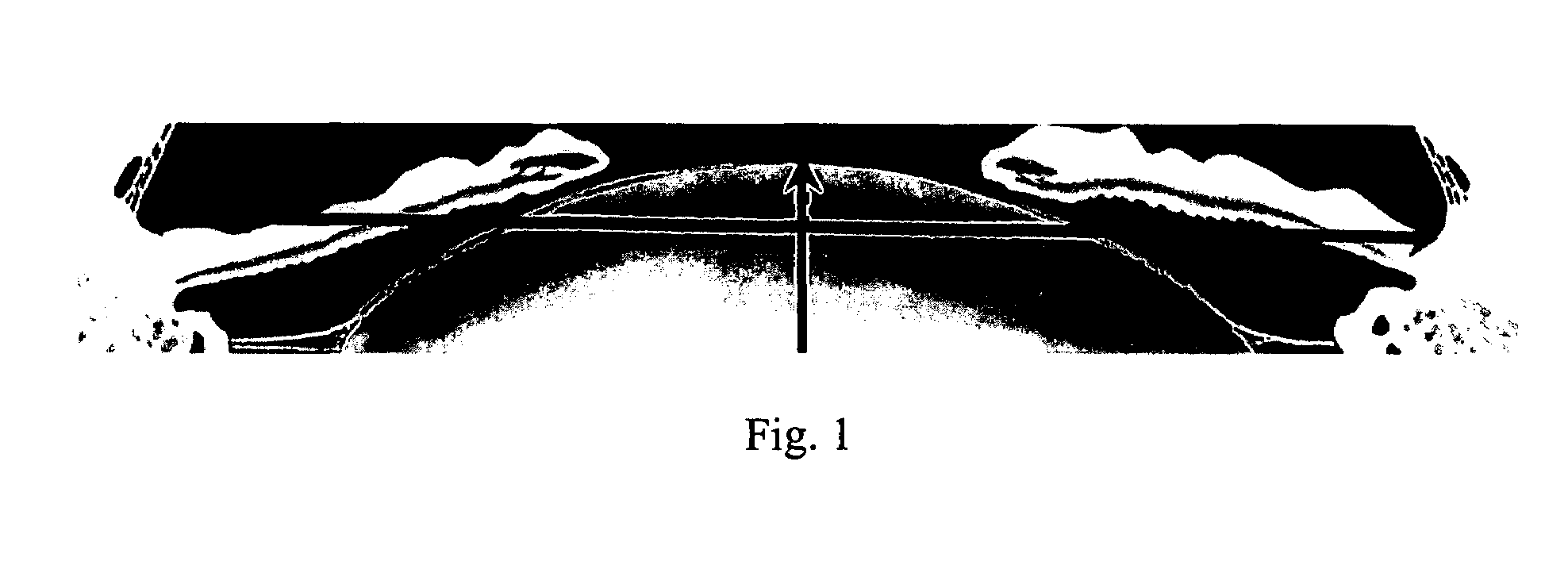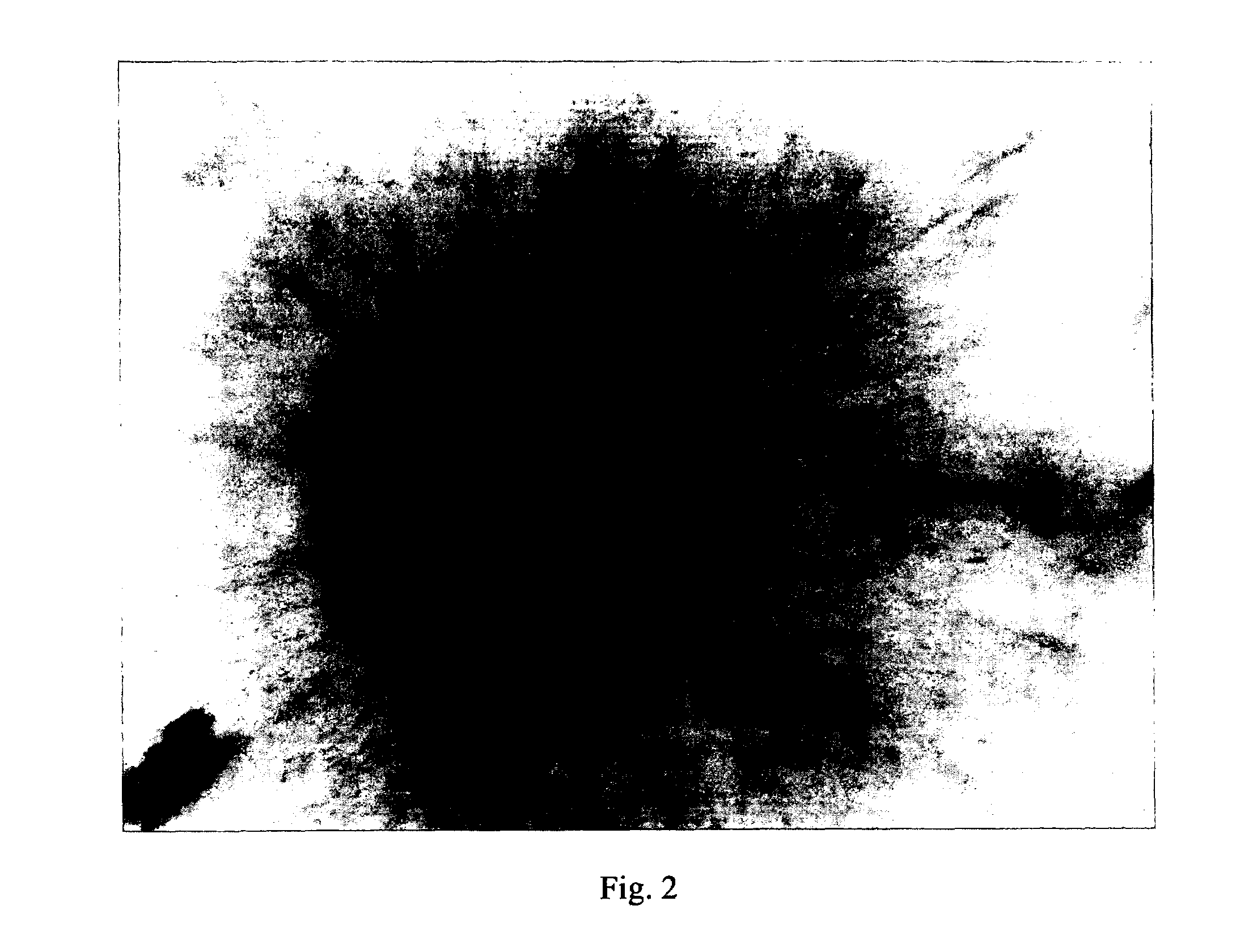Determining criteria for phakic intraocular lens implant procedures
a technology of intraocular lens and criteria, applied in the field of determining criteria for phakic intraocular lens implant procedures, can solve problems such as inapplicability
- Summary
- Abstract
- Description
- Claims
- Application Information
AI Technical Summary
Benefits of technology
Problems solved by technology
Method used
Image
Examples
Embodiment Construction
[0016]In accordance with one or more embodiments of the present invention, a crystalline lens height is an anatomical reference that may be utilized to provide a quantitative criterion for use in determining whether to perform phakic lens implant procedures to prevent, among other things, development of pigment dispersion in an implanted eye. Further, and as will be described in detail below, in accordance with one or more embodiments of the present invention, the crystalline lens height can be determined readily from an image of an anterior segment of an eye that is obtained utilizing any one of a number of methods that are known to those of ordinary skill in the art.
[0017]FIG. 1 shows an image of an anterior segment of an eye wherein a crystalline lens height is determined in accordance with one or more embodiments of the present invention. As shown in FIG. 1, the crystalline lens height is defined as a distance between an anterior pole of the crystalline lens and a horizontal pla...
PUM
 Login to View More
Login to View More Abstract
Description
Claims
Application Information
 Login to View More
Login to View More - R&D
- Intellectual Property
- Life Sciences
- Materials
- Tech Scout
- Unparalleled Data Quality
- Higher Quality Content
- 60% Fewer Hallucinations
Browse by: Latest US Patents, China's latest patents, Technical Efficacy Thesaurus, Application Domain, Technology Topic, Popular Technical Reports.
© 2025 PatSnap. All rights reserved.Legal|Privacy policy|Modern Slavery Act Transparency Statement|Sitemap|About US| Contact US: help@patsnap.com



